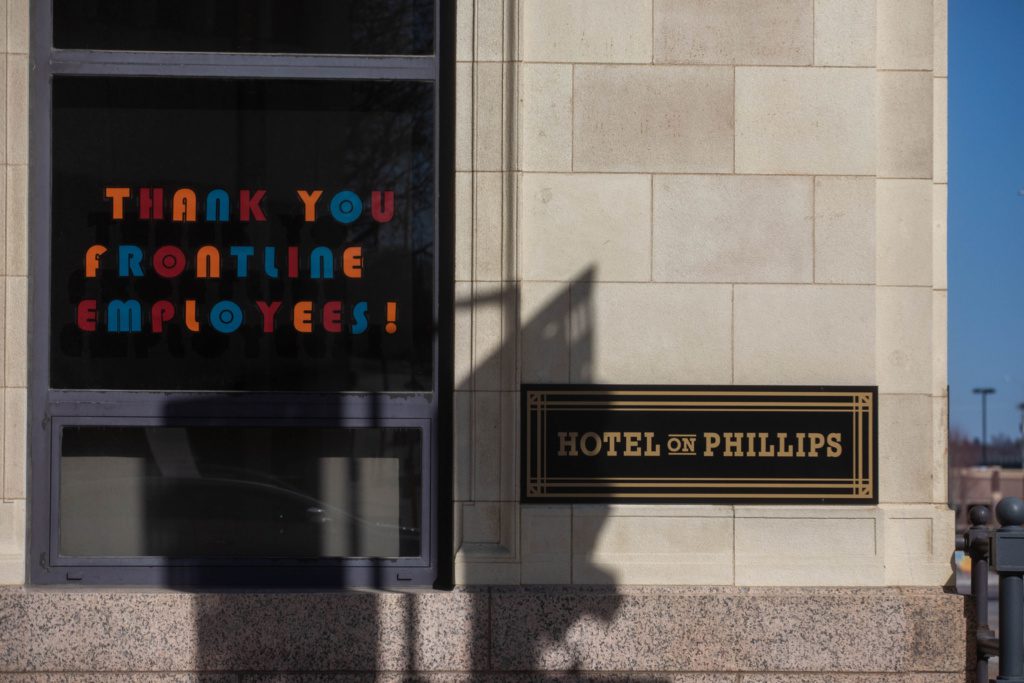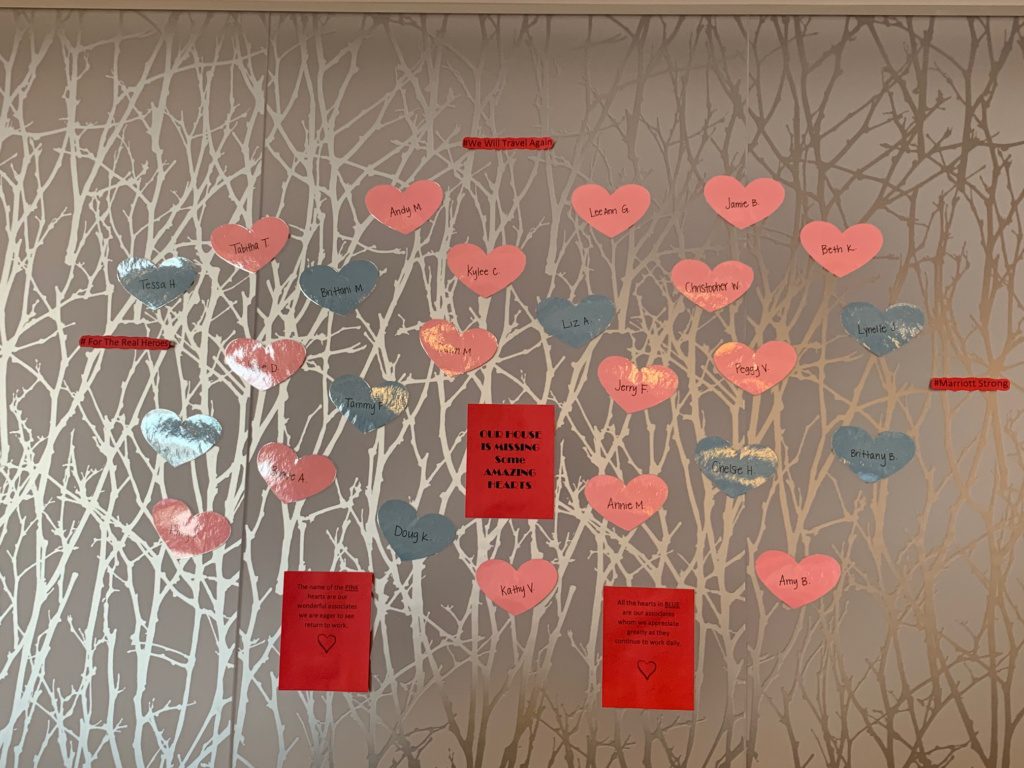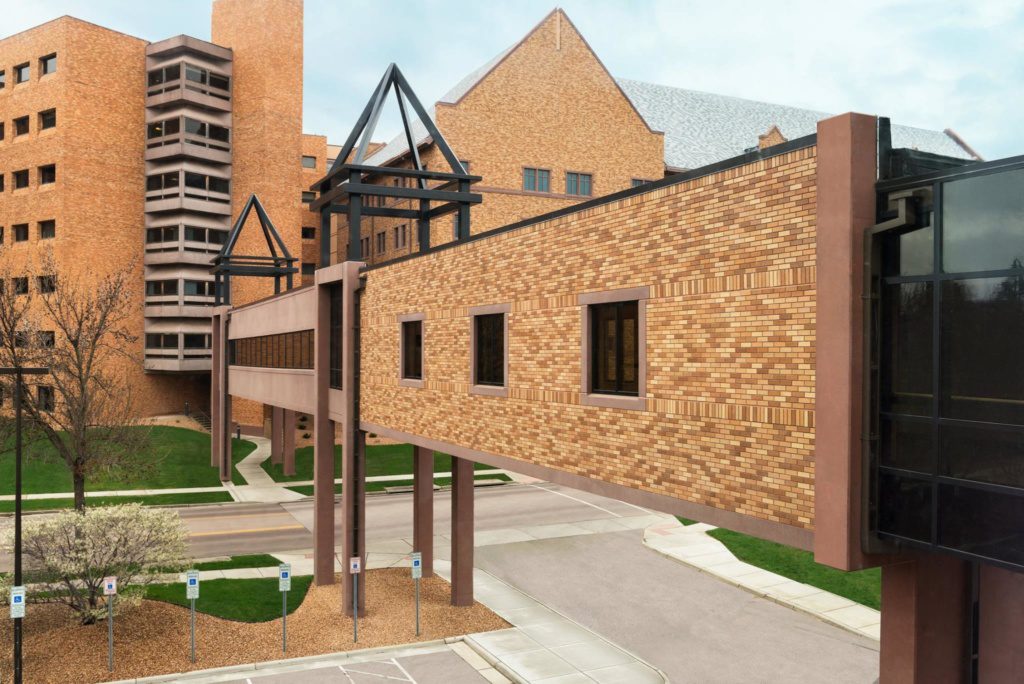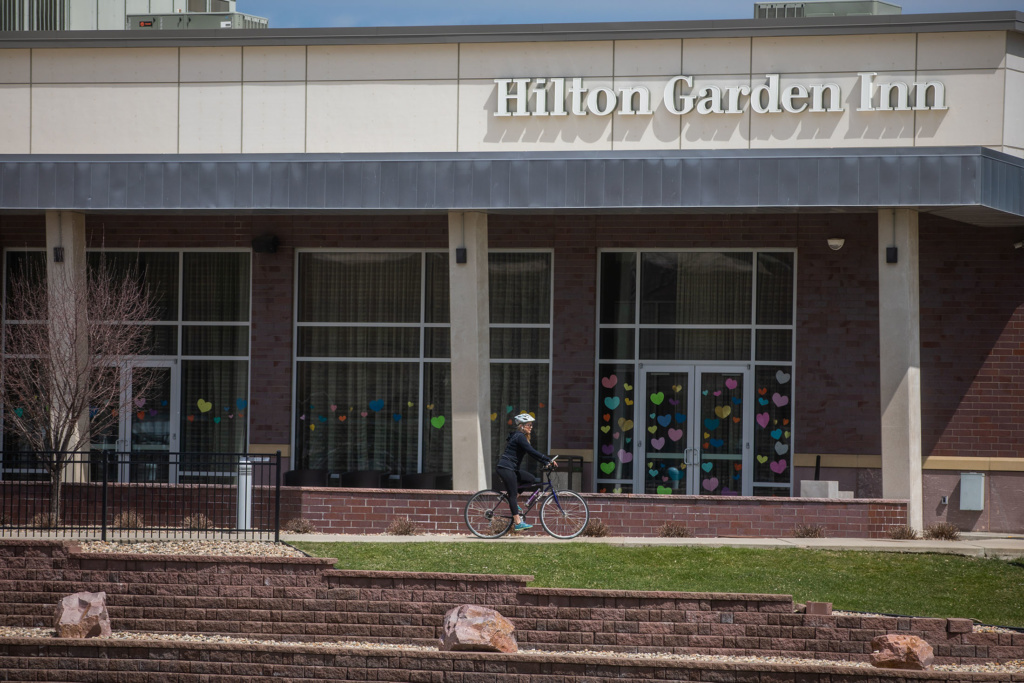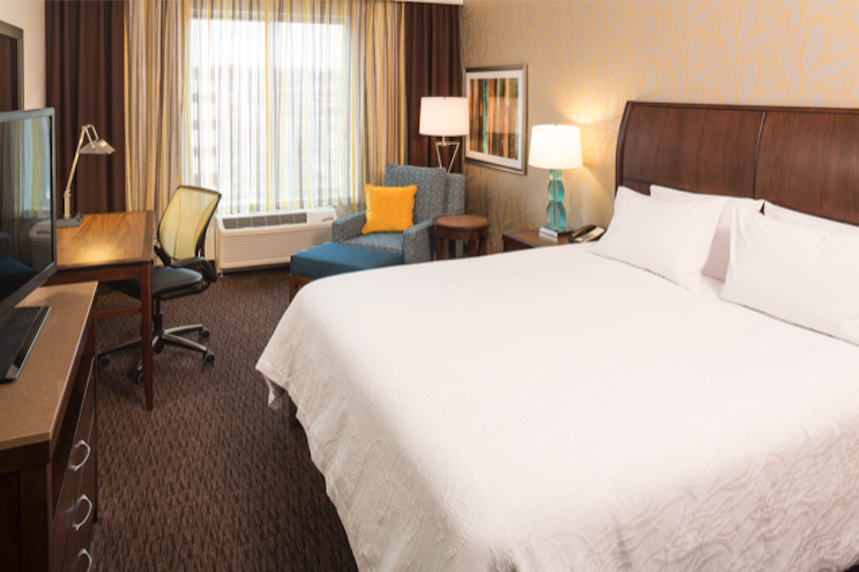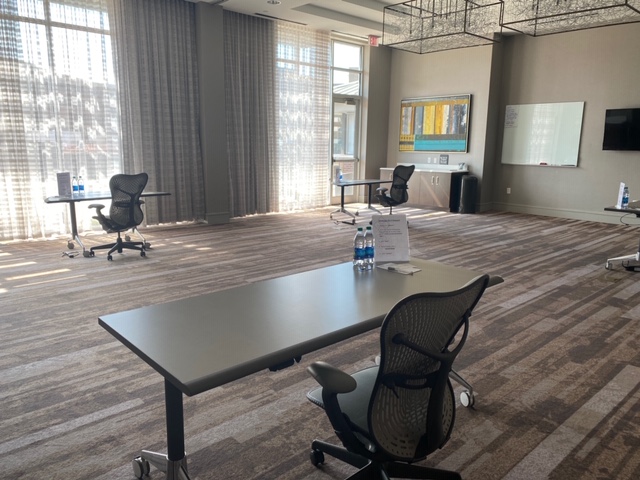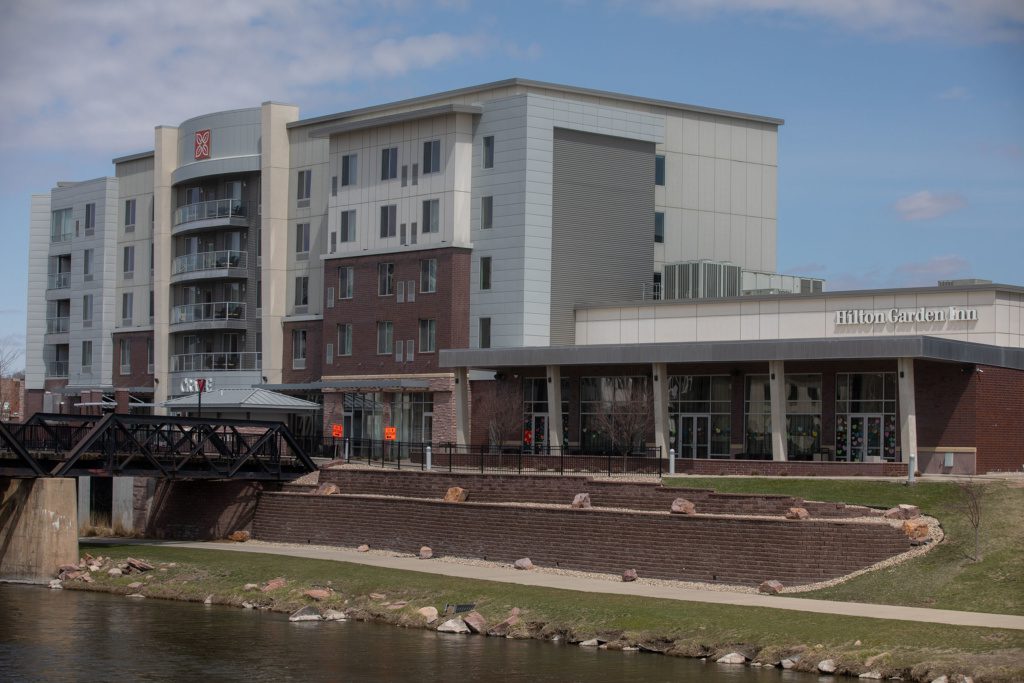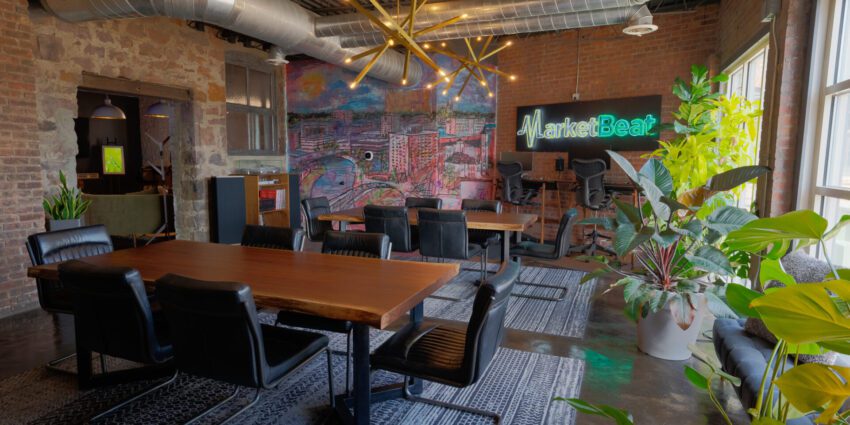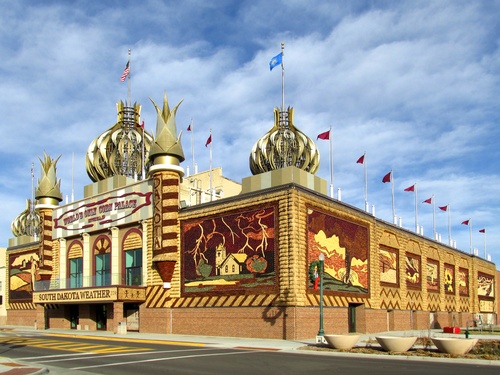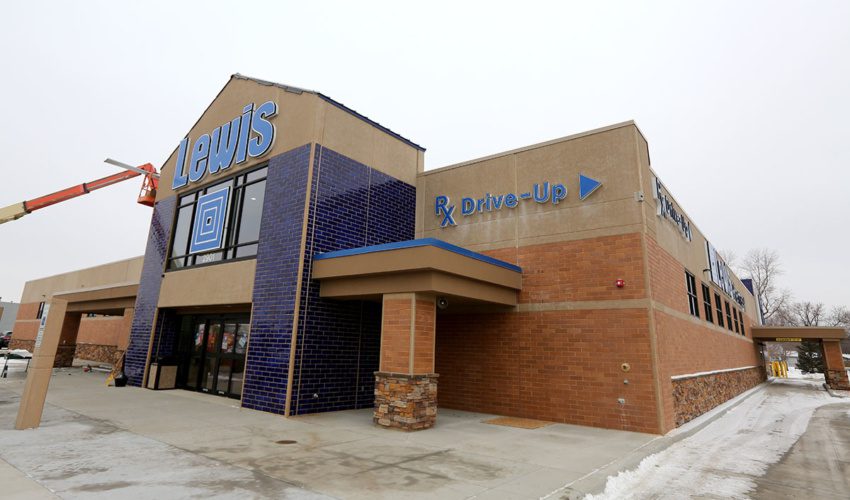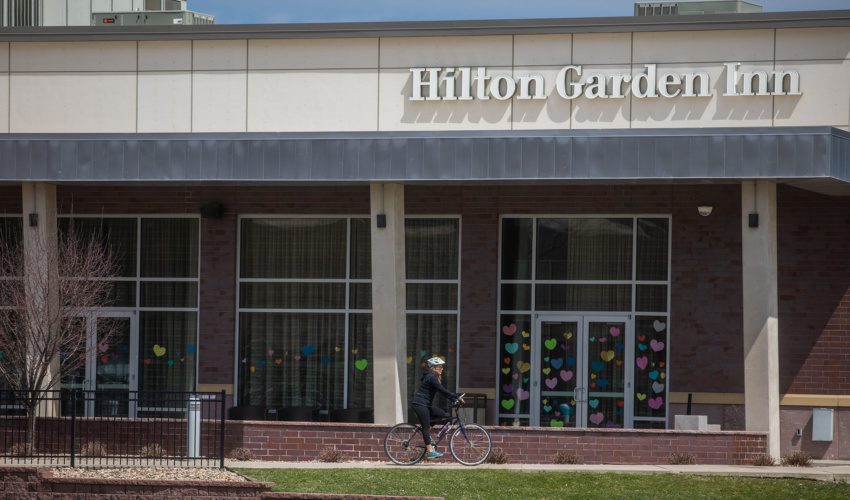Hotel operators try to tough it out as occupancy plummets
April 20, 2020
Sioux Falls was weeks away from filling essentially every hotel room in the city.
That’s what happens every April when the Professional Bull Riders come to town. Not this year.
“They fill, I won’t say the entire city, but I don’t even know how many, probably 3,000-plus room nights. They’re really, really strong,” said Teri Schmidt, executive director of Experience Sioux Falls.
“I knew they were going to cancel. They had to. But just to get the call …”
She didn’t finish the sentence, and she didn’t really have to. The implication was obvious enough – thousands of lost room nights, on top of thousands more piling up literally every day as events are postponed and travel all but halted amid stay-at-home orders nationwide related to COVID-19.
“They’re all canceled,” Schmidt said. “It’s really across the board, all markets. Conventions pretty much have all bit the dust. Most of them are trying to reschedule but not all. It just really depends.”
Here’s what that looks like in hotels: Properties that this time of year typically run at 65 percent occupancy have dropped to 6 percent or 6.5 percent, according to Tom Morris, director of development for Kelly Inns Ltd., which has 24 hotels in eight states.
“I’ve been in the hospitality business for 30 years now and went through the downturns of 9/11 and the big recession in ’07 and ’08 and never in my wildest nightmares could I have dreamt up anything this drastic for our industry,” he said.
“The word that has been floating around, overused, is ‘unprecedented.’ We’ve had to lay off hundreds of employees, reduce hours on many others and are running a very minimal staff to keep the hotels open.”
The hotels have closed off floors or wings to try to reduce utility cost and closed pools and fitness centers. Those who are still traveling include guests from the construction industry working on essential projects, he said.
“We’ve talked about the ability to house (health care) staff working on the front lines and maybe aren’t comfortable going home to their families and are looking for a place to stay,” Morris said.
“What we’re all trying to figure out is when is it going to come back and how long is this going to be. We just have to wait and see and tough it out. Thankfully with the CARES Act and the Paycheck Protection Program, there is some assistance and help. But that only goes so far.”
The Holiday Inn City Centre in downtown Sioux Falls would not detail how business has been impacted other than to say “no industry has gone untouched during this difficult time.” Its in-house restaurant now offers curbside and takeout options.
The Fairfield Inn & Suites at the Sanford Sports Complex typically experiences one of its busiest months in March. As sporting events and tournaments canceled, occupancy dropped significantly.
“It was really devastating,” said Brittani Moncur, director of market sales with Brandt Hospitality, which also operates the Home2Suites by Hilton connected to Sanford USD Medical Center.
The Fairfield now has a display on its wall listing names of associates eager to return to work.
“I work with a lot of people who have been in the industry a really long time, and I’ve talked to colleagues who were in the industry over Sept. 11, and it was nothing like this,” Moncur said. “We have a lot of furloughed employees and really low occupancy, so we’re scrambling to be there for the hospital system.”
The Hilton franchise has partnered with a company effort working with American Express to provide up to 1 million donated room nights to medical staff who need a place to sleep, recharge or isolate from family through the end of May.
“It helps keep our housekeepers (as) employees and hourly workers and hopefully will increase our occupancy a little bit,” Moncur said. “We’re promoting a caregiver rate if any nurse or doctor is traveling to relieve the hospital system. I’ve talked to hospitals connected to Mayo, New York City, and they’re seeing a lot of doctors and nurses using the rooms. It hasn’t hit us yet and hopefully doesn’t need to, but we’re ready if that happens.”
At Regency Hotel Management, which operates 51 hotels in 10 states, corporate director of sales and marketing Gloriann Kueter agreed “without a doubt” COVID-19 has negatively affected operations of hotels and resorts.
“Knowing that people are hurting on many levels and also need help, we have special offers available at our Regency properties for the medical community, first responders, emergency personnel, fire and rescue workers and more,” she said.
“We’ve also learned that many of our loyal companies are still traveling and need us to house their essential travelers; we welcome them. As a company, we feel this is our community’s responsibility to work together to partner in this pandemic.”
The Hilton Garden Inn Downtown has found some creative ways to try filling rooms, as its occupancy has gone from 80 percent to single digits, said Paul Hegg, president and CEO of operator Hegg Cos., which has four hotels in Sioux Falls, one in Rapid City, one in Sioux City and one in Luverne, Minn.
In addition to offering rooms to health care personnel or National Guard members if needed, the hotel is marketing its rooms as work spaces for people who might be working from home and need a different setting.
Workers can rent a hotel room, boardroom or meeting space at special daily or hourly rates based on how long they’re needed.
“The idea was come rent a room, you can come here, you don’t have to go to the office, and you’re still isolated and have all the amenities you may need to carry on your business,” Hegg said.
A daily rental of a work space includes two bottles of water, a Starbucks gift card that can be used at the coffee shop in the hotel, discounts at the lobby “shop” to purchase snacks and beverages, high-speed Wi-Fi, extension cords, power strips and TVs.
“Our meeting spaces also have the capability to provide a variety of AV services needed for recording and livestreaming,” said Maddy Westra, director of catering.
“A member of our staff would also be available via text for anything the client may need delivered to their work space — similar to a concierge service. Due to our restaurant being closed, we are currently allowing our clients to order in food using DoorDash, Uber Eats, etc.”
A handful of people have started using the hotel as a work space, staying anywhere from a few hours to a few days.
The hotel decided to close its in-house restaurant, Crave American Kitchen & Sushi Bar, not knowing if curbside and delivery would generate enough revenue to make sense, Hegg said.
“We even shut down the restaurant at the Hilton Garden South just because you don’t have enough people to put breakfast out in the morning. You’re just losing money.”
Hegg Cos. also has consolidated its SpringHill Suites guests into the neighboring Courtyard by Marriott to leverage resources.
“I think Rapid City is going to be a tough market,” Hegg added. “We are entering what was normally the start of our hot period, and that’s really when we make all our money because during the winter it’s like the lights get shut off. I just don’t know what tourism is going to be like. We’re already seeing cancellations of bus tours coming through the door, so it’s a pretty volatile industry right now.”
Statewide, the landscape is still coming into focus, said Jim Hagen, secretary of the Department of Tourism.
“The most recent data, for short term looking into May through the month of June, there have been a lot of cancellations,” he said. “But a silver lining is we see bookings ticking up later in the summer – July, August, September – and it’s very reminiscent for us even last year with the horrible weather and flooding and cold throughout the summer.”
Last year, the fall “shoulder season” helped tourism, and the hope is “once we get through the pandemic that we’ll see visitors come back through summer and fall,” Hagen said. “That’s what the data is showing right now.”
Industry reports have shown hotels in the economy or extended-stay space are doing slightly better, Hegg said.
“And ‘better’ meaning they’re in the 20 or 30 percent range, which is still not great, and obviously the one that has gotten pounded the most is luxury or resorts,” he said.
In recent weeks, citywide occupancy has been down 70 percent to 80 percent, Schmidt said.
“One hotel reported one night 20 rooms, and they were absolutely thrilled,” she said, adding that industrywide, “I hear devastation. I hear fear. And I hear, ‘We need help. We need help to survive.’ I’m not hearing that from all hotels, but I’m hearing that from some large and some small.”
Her budget for driving the city’s tourism industry largely depends on people staying in hotels. Each room night generates $2 for Experience Sioux Falls, and the organization gets a portion of the room tax generated. Schmidt will rely on reserves to cover some of the shortfall, but she’s constantly retooling her budget to try to adjust, she said.
“You can’t stop selling when times are tough. You have to be in their face more than ever,” she said. “It’s going to rebound. People are not going to stop traveling. We will bounce back.”
Nationally, hoteliers are reporting that bookings also seem to be picking up in June through August, Hagen said. Additional surveys are showing that when people start traveling again, South Dakota might have an advantage.
“There are indications road trips are going to be very appealing,” Hagen said. “And we have also seen surveys where consumers are saying they want to get to wide-open spaces. They want to be in the outdoors where they can keep their distance from people. That’s hiking and biking and getting into the mountains on hiking paths, so that’s been a built-in advantage for us.”
The state is subtly leveraging that in its limited marketing, he said.
“We’re really putting a spotlight on our great outdoors, our wide-open spaces. We’re not telling people to book now but just inspiring them by our great outdoors. We’re so blessed by what we have. That will work to our advantage as well.”

